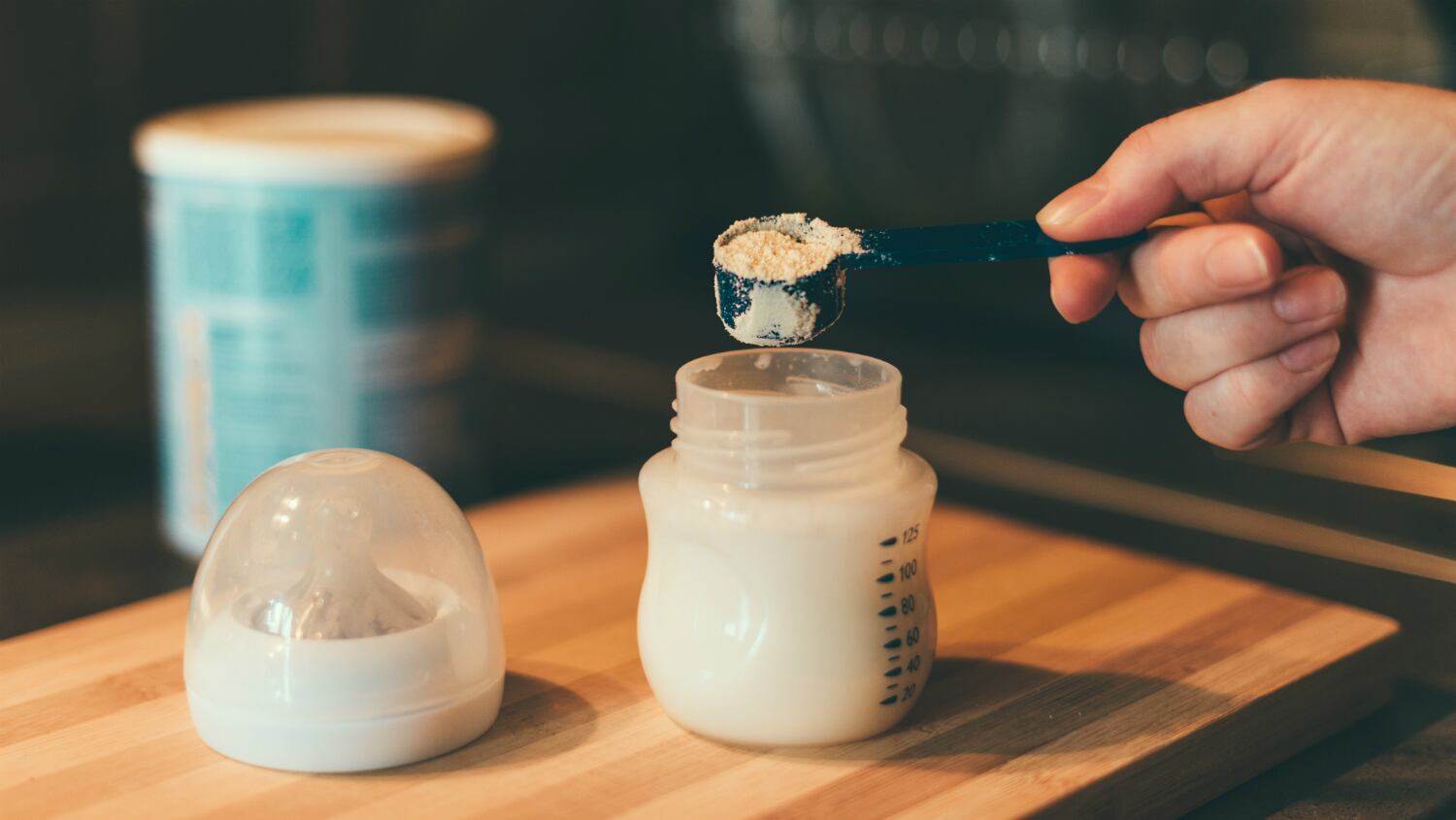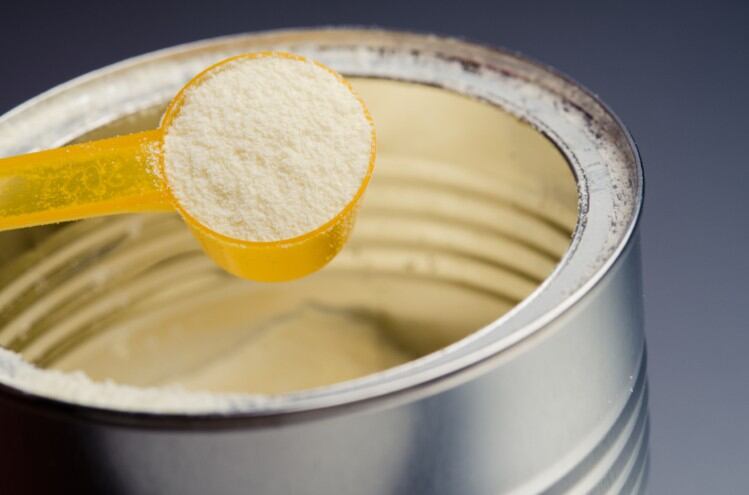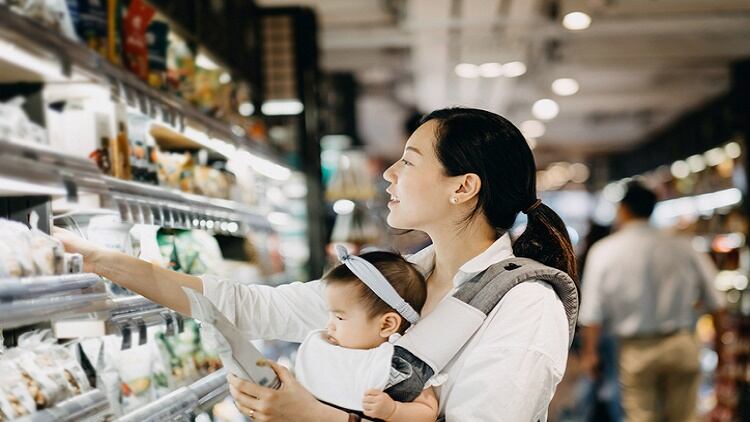The company saw sales of US$5.3bn in its Asia, Oceania and sub-Saharan Africa markets, a 1.9% increase from the same period last year.
Its positives sales growth exceeded expectations, and was attributed largely to its dairy and infant nutrition businesses.
China, South East Asia and South Asia all saw single-digit organic growth, and, with strong sales of the A2 Illuma organic infant nutrition range in China, and its NAN infant nutrition range in South East Asia and South Asia.
Regional business head and senior VP of Nestlé Infant Nutrition in China, Binu Jacob, told NutraIngredients-Asia: "Our focus on specialised areas in infant nutrition was one of the reasons we did well.
"One of the big changes we made in the last year was to zoom in on a few specific segments, such as A2 milk, organic formula, special care formula, and baby food, especially since the latter is still an underdeveloped category in China.
"We decided to concentrate on segments that had higher potential for growth, rather than on the general categories that were already quite saturated.
"If you look at overall category growth, the results are not that great — in fact, it slowed down in Q1. But when you look at specific segments, A2 and organic milk, as well as special care formula, have seen faster than average growth."
Unshaken by regulation shake-up
The firm's Illuma products are available in brick-and-mortar stores and on e-commerce sites in China, and it is seeking to drive cross-border sales of its NAN range into the country from Asutralia.
Nestlé also launched its A2 milk product for mothers in China at the beginning of 2019.
The product, touted as the world's first A2 milk powder for mothers in China, was rolled out on JD.com and mother-and-baby channel Leyou.
Despite the increasingly strict regulations that have begun to bear down on daigou sellers and direct-selling firms in China, Jacob said the company remained confident in its prospects in the country.
Jacob said: "It's been about four months since the launch of our A2 milk powder for mothers in China, and in Australia, it's only been about two months since the A2 infant formula product was made widely available via cross-border e-commerce."
He added that though both products were still fairly new in the market, things were looking 'promising', with the idea of CBEC being to get early adopters to spread information about its A2 products online. He referred to this as 'phase one' of Nestlé's approach to the A2 milk category.
He further said he believed CBEC would benefit 'immensely' from the new regulations.
"The government is trying to bring greater visibility and transparency to the platform, so I think larger CBEC players like Alibaba and Mia will rise to the challenge, and the channel will grow faster."
Innovation impediment?
In terms of NPD in its other infant formula sub-categories, however, Jacob said the pace of innovation was likely to slow down in the near future, thanks largely to extensive registration requirements for new formula products to be sold in China.
"We won't be releasing products as quickly as we did in the past, because each one has to go through a long registration process that can take up to two years.
"We do have quite a few products in the pipeline now, but most of them will not be released within the next year. The only one we have confirmed is a 'comfort' infant formula that will be launched in the coming month, primarily for babies that have gastrointestinal issues that are sometimes inexplicable, like gas and spitting up."
Baby food, however, is one area that remains unaffected by the registration requirements that apply to infant formula. Because of this, Nestlé has turned its focus to baby food, and will soon be launching healthy snacks for toddlers.
"We've also just launched fruit and vegetable purees for children. We will be able to innovate much faster when it comes to baby food, as such products do not need to undergo the same registration process (as infant formula products)," said Jacob.
Happy consumers, unhappy watchdogs?
While its infant formula products have been performing well, Nestlé also recently came under fire for allegedly flouting formula marketing regulations in China by "using science as a marketing tool", with industry watchdogs claiming such actions contributed to the low breastfeeding rate in the country.
A spokesperson countered the claims by saying the firm had applied the WHO's Code of Marketing Breastmilk Substitutes, and was compliant with both local and international law.
Jacob said, "If a mother is able to breastfeed, there is no need for formula, and we strongly support this. This is why we have partnered with the government and organisations like Alibaba to set up over 3,000 breastfeeding rooms in China to help mothers to breastfeed when they are not at home."
He added that in China, companies were not allowed to market infant formula for children aged six months and younger, but that Nestlé had decided to take it one step further by marketing formula only for children aged one year and older.
According to Jacob, Nestlé is the only company to have done so in China, and this practice applies to all its other markets as well.
He said, "We also know breastmilk is sometimes not sufficient. A mother may have medical issues, and in such circumstances, babies are sometimes fed with inappropriate breastmilk substitutes.
"Our role is to promote breastmilk, and if a mother cannot breastfeed for whatever reason, it's also our responsibility to make sure babies are not given inappropriate substitutes.
"By giving consumers access to this information, we want to make mothers aware of the right feeding decisions that fit their circumstances."



